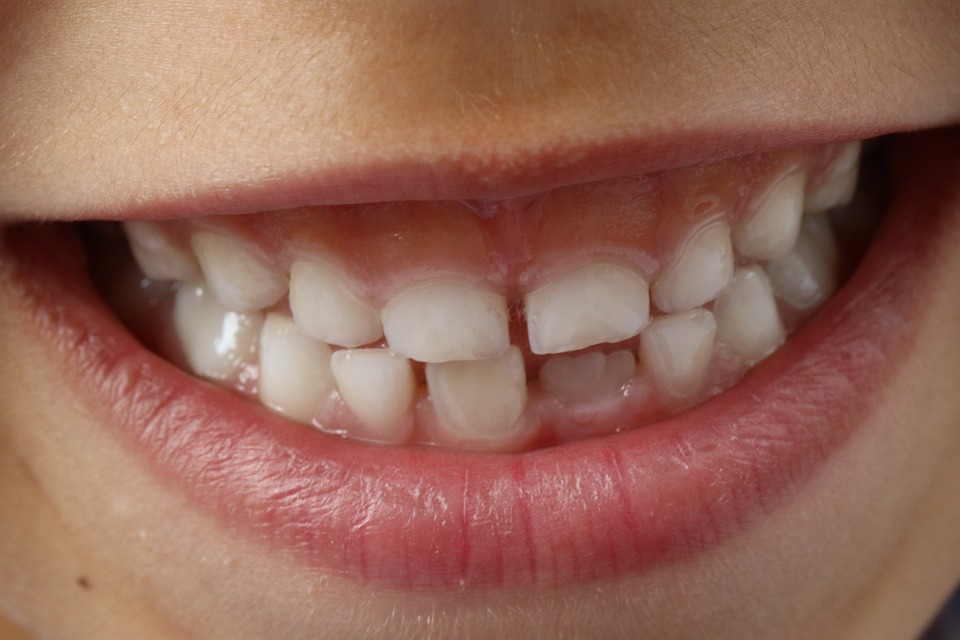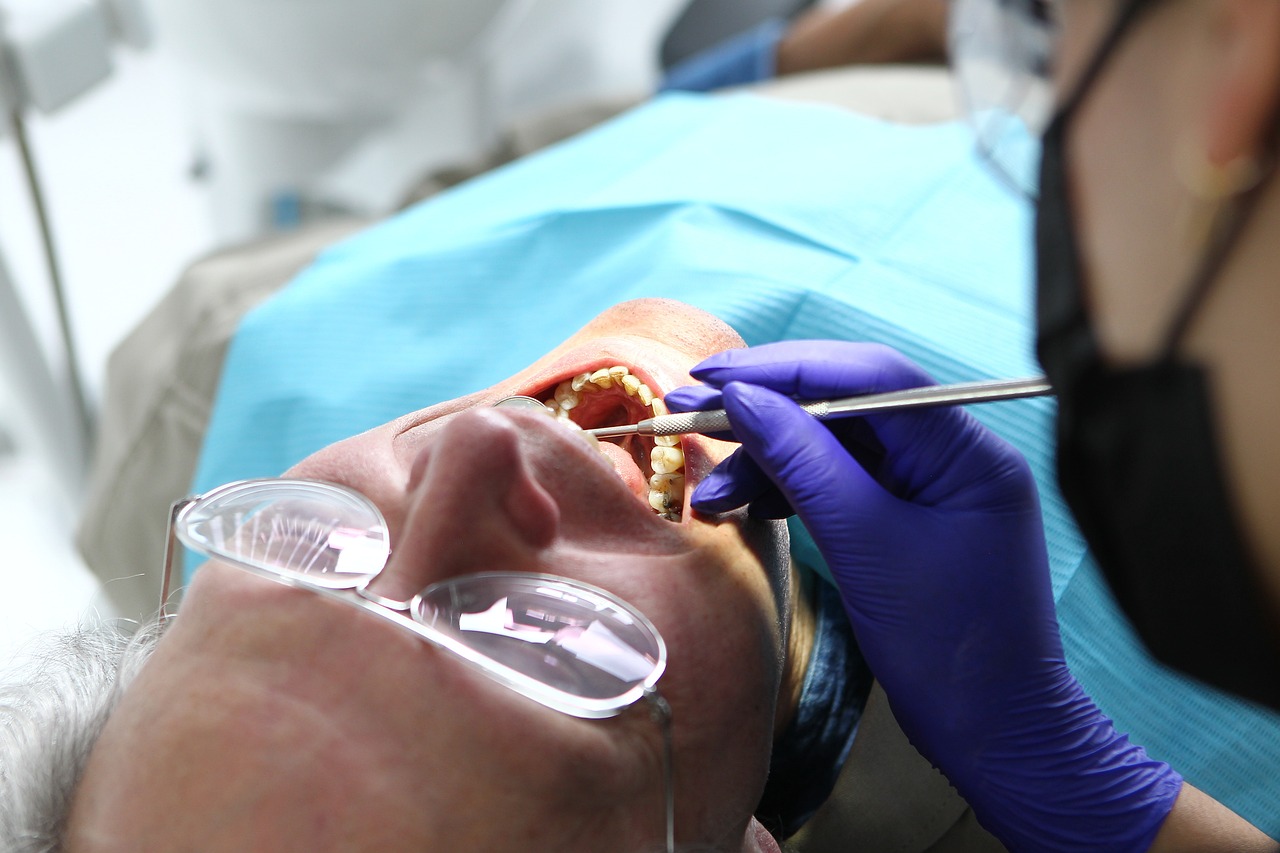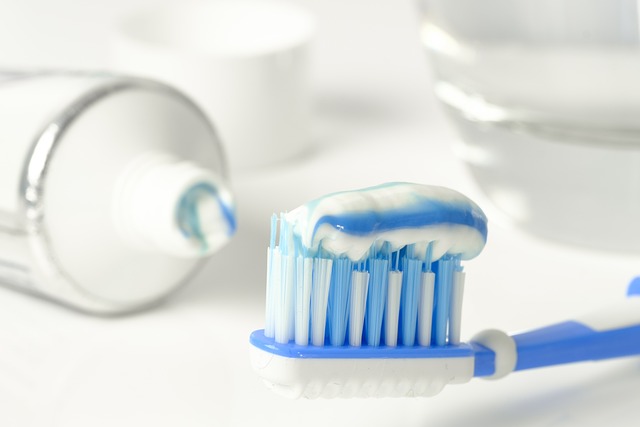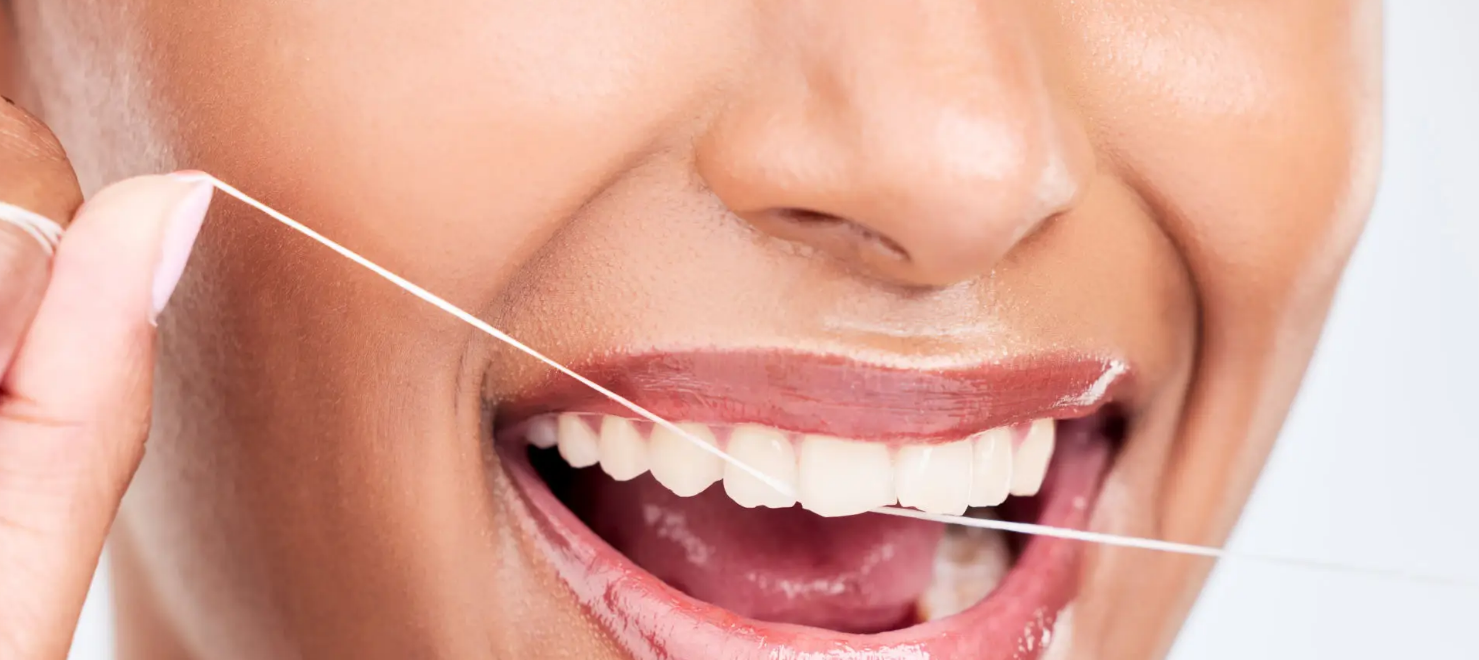'Tooth decay is a disease': Dental association encourages proper oral hygiene among Filipinos
The Philippine Dental Association (PDA) emphasized that "dental caries," or tooth decay, is recognized as a disease and should not be ignored.
“Madalas sabihin ng iba, ay ngipin lang 'yan, malayo 'yan sa bituka, which is not,” PDA Executive Secretary Dr. Sheryl Anne Rose Lantican said during the DOH Kapihan with the Media on Oral Health Month on Feb. 21.
She underscored the global and national prevalence of dental caries, emphasizing its significance as a widespread disease affecting Filipinos of all ages and urging its prompt addressing.
Meanwhile, Lantican explained that dental caries, or tooth decay, is a disease caused by microbes that gradually dissolve or decay the hard parts of the teeth.
She said that the seven out of 10 Filipinos with decayed teeth in statistics range from five to 12 years old, or the schoolchildren of the Philippines.
"This is so rampant that it has become one of the major or leading reasons why children are absent from school," she explained.
However, adults are not exempt from these concerns, highlighting the need for comprehensive oral health education and care.
"We know that good oral hygiene and habits should start at a young age; therefore, we are very keen on conceptualizing sustainable programs that will address the problem," Lantican pointed out.
Concerning this, Lantican said that most people have the notion that these are just temporary teeth; they will be replaced by permanent ones, so it's not important.

"What we should realize is that ang temporary teeth or baby teeth ay hindi "lang," ito ay napakahalaga sapagkat sa pagkain, sa pagsasalita at sa self-confidence ng bata, kapag bulok ang ngipin, nahihiya silang ngumiti (Temporary teeth or baby teeth are not just trivial; they are very important because in eating, speaking, and a child's self-confidence, when the teeth are decayed, they are ashamed to smile)," she highlighted.
Moreover, untreated dental problems can escalate, potentially leading to systemic health issues affecting various organs in the body, such as the lungs and heart.
Tooth decay causes
Furthermore, she shared that “sugar” is one of the reasons for tooth decay.
"When sugar is converted into acid, it can cause the dissolution of our teeth, thereby causing cavities," she said.
Lantican stated that sometimes people think that since the damage is small, they just let it be.
"We should always remember that what the eyes can see is not enough for us to diagnose that the cavities we have are just superficial," she said.
Moreover, Lantican explained that “periodontal disease,” or gum and tooth bone disease.
During outreach missions, she noted that they frequently observe swollen, red, and bleeding gums in young individuals, particularly in the communities they serve, with cases even evident as early as five years old.
"Why is this? It's because basic oral hygiene is neglected, and that includes tooth brushing," she added.
Lantican also highlighted that the occurrence of inflamed gums and “gingivitis” at a young age is concerning and not indicative of proper oral health.
"When they grow old, it becomes a problematic and dangerous condition, and this is periodontal disease," she said.
Lantican warned that failure to address this promptly may lead to adverse effects on the periodontal ligaments and the bone surrounding the roots of the teeth.
"Some might ask why their teeth suddenly become loose even though they don't have any cavities. It's because the bacteria has already infiltrated beyond the gums, so let's not take it lightly," she explained.

Lantican emphasized the importance of regular dental consultations to ensure the optimal condition of our teeth.
Control and prevention
To combat these challenges, she outlined key preventive measures, including proper brushing techniques, the use of fluoride toothpaste, and regular dental check-ups.
"Una ang ay pagsisipilyo. I am sure na lahat naman tayo ay aware dito at wala naman siguro sa atin ang hindi nagtu-toothbrush (First is brushing. I am sure that all of us are aware of this, and probably none of us here don't brush our teeth)," Lantican said.
She advocated for the correct brushing technique, advising individuals to angle the bristles of the toothbrush between the teeth and gums before initiating circular motions.
Stressing thoroughness, she recommended making 20 small circles per group of two to three teeth to ensure effective cleaning.
Additionally, she underscored the importance of brushing the surface of the teeth and cleaning the tongue, emphasizing the significance of these practices for optimal oral hygiene.
Lantican emphasized the importance of “toothpaste selection,” urging individuals to be mindful of its composition.

She advised consumers to check the “fluoride content” on the back of toothpaste tubes, recommending a concentration of 1000 ppm fluoride for children aged six months to six years and 1500 ppm fluoride for those aged six years and above.
Lantican highlighted fluoride's role in fortifying teeth against decay triggered by acids from food and bacteria, underscoring its significance in maintaining oral health.
"A lot of people didn't realize that the amount of flouride in their toothpaste matters, so hindi po ito sa kung ano ang sikat [toohtpaste] kundi kung ano 'yung sapat (So it's not about what's popular [toothpaste], but what's sufficient)," she emphasized.
Additionally, she stressed the importance of proper flossing techniques.

"I'm surprised that a lot of Filipinos do not even know what the floss is, so kailangan natin magdental floss at hindi enough ang toothbrush lang (We need to use dental floss, and just using a toothbrush is not enough)," Lantican noted.
Aside from these, she emphasized the importance of drinking eight glasses of water daily for healthier teeth.
"Kahit gaano ka ka-linis sa ngipin mo, kung puro sugary food naman ang kinakain mo, you lack vegetables or nutritious food ay hindi pa rin magiging healthy ang gums at teeth mo (No matter how clean your teeth are, if you only eat sugary food and lack vegetables or nutritious food, your gums and teeth won't still be healthy)," Lantican underscored.